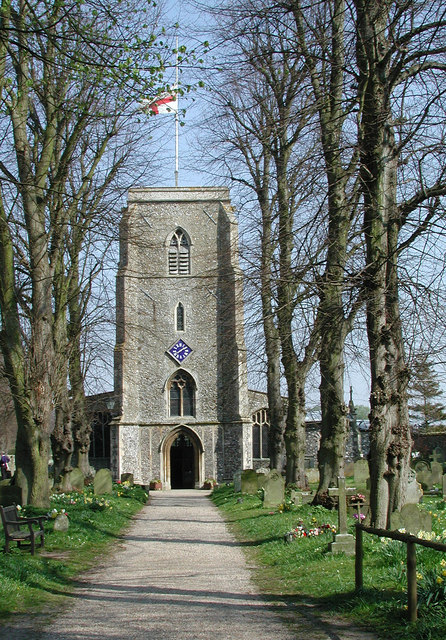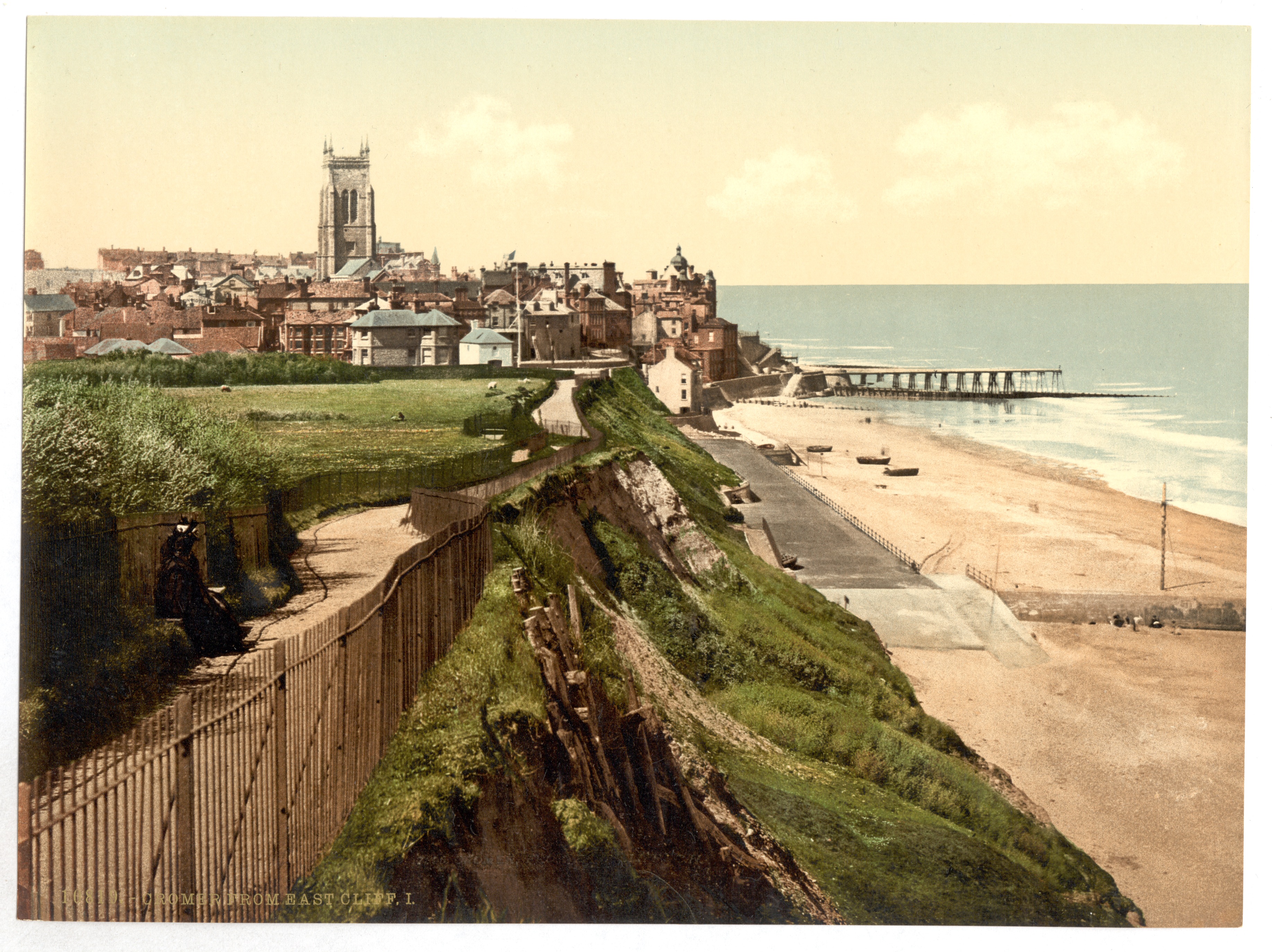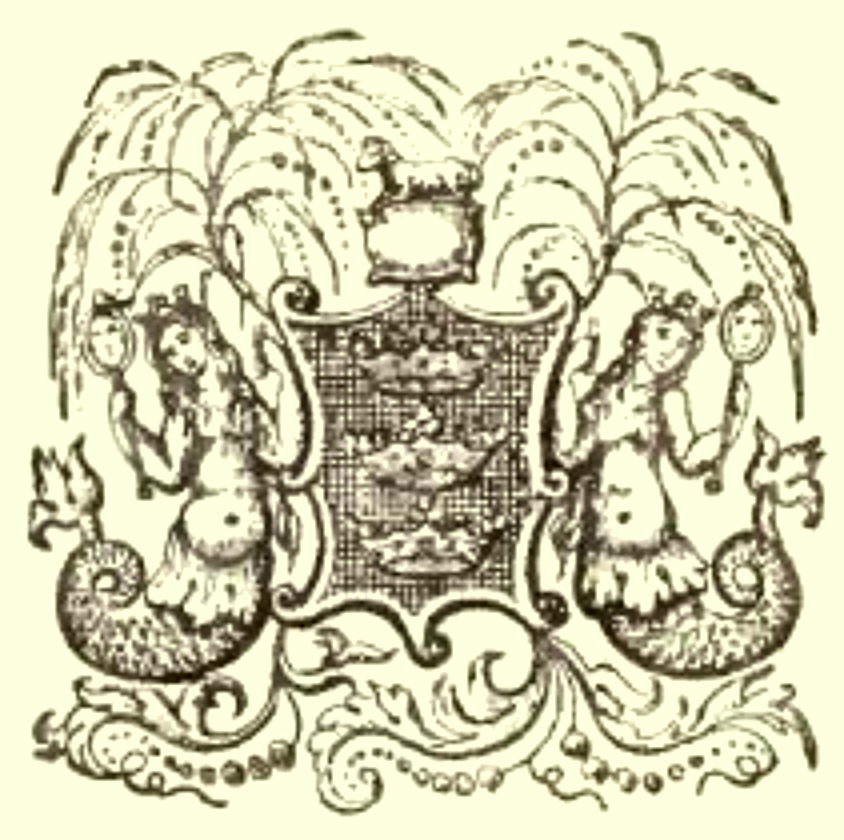|
James Dyson (schoolmaster)
James William Dyson (29 June 1875 – 6 March 1965) was an English schoolmaster whose subject was maths. After teaching at schools in Faversham and Wellingborough, for most of his career he was head of Boston Grammar School and Ripon Grammar School. Early life Born at Wellingborough, Dyson was the eldest son of James Greaves Dyson, a corn merchants’ agent, of Wellingborough, originally from Ambleside, Westmorland. The young Dyson was educated at Wellingborough Grammar School under the headship of Dr H. E. Platt."DYSON, James William" in ''Alumni Cantabrigienses'', Part II, Vol. II (1944)p. 369/ref> In the Cambridge schools examinations of December 1891, he gained distinctions in mathematics and applied mathematics. In June 1894 he was admitted as a sizar to St John's College, Cambridge, which was the old college of his headmaster, Dr Platt, and matriculated in the Michaelmas term of that year. His room at St John's, H2 in First Court, had previously been occupied by Charles St ... [...More Info...] [...Related Items...] OR: [Wikipedia] [Google] [Baidu] |
Schoolmaster
The word schoolmaster, or simply master, refers to a male school teacher. This usage survives in British independent schools, both secondary and preparatory, and a few Indian boarding schools (such as The Doon School) that were modelled after British public schools, but is generally obsolete elsewhere. Origins The word “master” in this context translates the Latin word magister. In England, a schoolmaster was usually a university graduate, and until the 19th century the only universities were Oxford and Cambridge. Their graduates in almost all subjects graduated as Bachelors of Arts and were then promoted to Masters of Arts (''magister artium'') simply by seniority. The core subject in an English grammar school was Latin. Usage Where a school has more than one schoolmaster, a man in charge of the school is the headmaster, sometimes spelt as two words, "head master". This name survives in British independent schools, but it has been replaced by ''head teacher'' in mos ... [...More Info...] [...Related Items...] OR: [Wikipedia] [Google] [Baidu] |
National Registration Act 1939
The National Registration Act 1939 was an Act of Parliament in the United Kingdom. The initial National Registration Bill was introduced to Parliament as an emergency measure at the start of the Second World War. The Act provided for the establishment of a constantly-maintained National Register of the civilian population of the United Kingdom and the Isle of Man, and for the issuance of identity cards based on data held in the register, and required civilians to present their identity cards on demand to police officers and other authorised persons. Following the passing of the Act by Parliament on 5 September 1939, registrations and the issuing of identity cards commenced on 29 September. Registration and identity cards Every man, woman and child had to carry an identity (ID) card at all times and the cards would include the following information: *Name *Sex *Date of birth (and thus age) *Occupation, profession, trade or employment. The Register had also collected informati ... [...More Info...] [...Related Items...] OR: [Wikipedia] [Google] [Baidu] |
1965 Deaths
Events January–February * January 14 – The Prime Minister of Northern Ireland and the Taoiseach of the Republic of Ireland meet for the first time in 43 years. * January 20 ** Lyndon B. Johnson is Second inauguration of Lyndon B. Johnson, sworn in for a full term as President of the United States. ** Indonesian President Sukarno announces the withdrawal of the Indonesian government from the United Nations. * January 30 – The Death and state funeral of Winston Churchill, state funeral of Sir Winston Churchill takes place in London with the largest assembly of dignitaries in the world until the 2005 funeral of Pope John Paul II. * February 4 – Trofim Lysenko is removed from his post as director of the Institute of Genetics at the Russian Academy of Sciences, Academy of Sciences in the Soviet Union. Lysenkoism, Lysenkoist theories are now treated as pseudoscience. * February 12 ** The African and Malagasy Republic, Malagasy Common Organization ('; OCA ... [...More Info...] [...Related Items...] OR: [Wikipedia] [Google] [Baidu] |
1875 Births
Events January–March * January 1 – The Midland Railway of England abolishes the Second Class passenger category, leaving First Class and Third Class. Other British railway companies follow Midland's lead during the rest of the year (Third Class is renamed Second Class in 1956). * January 5 – The Palais Garnier, one of the most famous opera houses in the world, is inaugurated in Paris. * January 12 – Guangxu Emperor, Guangxu becomes the 11th Qing Dynasty Emperor of China at the age of 3, in succession to his cousin. * January 14 – The newly proclaimed King Alfonso XII of Spain (Queen Isabella II's son) arrives in Spain to restore the monarchy during the Third Carlist War. * February 3 – Third Carlist War – Battle of Lácar: Carlist commander Torcuato Mendiri, Torcuato Mendíri secures a brilliant victory, when he surprises and routs a Government force under General Enrique Bargés at Lácar, east of Estella, nearly capturing newly cr ... [...More Info...] [...Related Items...] OR: [Wikipedia] [Google] [Baidu] |
Giles Coren
Giles Robin Patrick Coren (born 29 July 1969) is a British columnist, food writer, and television and radio presenter. He has been a restaurant critic for ''The Times'' newspaper since 2002, and was named Food and Drink Writer of the Year at the British Press Awards in 2005. Coren has been involved in a number of controversies, including breaching a privacy injunction and expressing pleasure at the death of another writer. Early life Coren was born in Paddington, London, the only son of Anne (née Kasriel) and English journalist and humourist Alan Coren. His father had been brought up in an Orthodox Jewish household, but his own upbringing was less Orthodox. He is the elder brother of journalist Victoria Coren Mitchell, and also related to the Canadian journalist Michael Coren. Education Coren was educated at The Hall School, an independent boys' junior school in Hampstead, London, and at Westminster School, an independent boys' senior school in Central London, followed ... [...More Info...] [...Related Items...] OR: [Wikipedia] [Google] [Baidu] |
Holt, Norfolk
Holt is a market town, civil parish and electoral ward in the English county of Norfolk. The town is north of the city of Norwich, west of Cromer and east of King's Lynn. The town has a population of 3,550, rising and including the ward to 3,810 at the 2011 census. Holt is within the area covered by North Norfolk District Council. Holt has a heritage railway station; it is the south-western terminus of the preserved North Norfolk Railway, known as the ''Poppy Line''. History Origins The most likely derivation of the name Holt is from an Anglo-Saxon word for woodland,Brooks, Peter, ''Holt, Georgian Market Town'', (Cromer: Poppyland Publishing, second edition 2001, ) and Holt is located on wooded high ground of the Cromer-Holt ridge at the crossing point of two ancient by-ways and as such was a natural point for a settlement to grow. The town has a mention in the great survey of 1086 known as the Domesday Book. In the survey it is described as a market town and a port with ... [...More Info...] [...Related Items...] OR: [Wikipedia] [Google] [Baidu] |
Cromer
Cromer ( ) is a coastal town and civil parish on the north coast of the English county of Norfolk. It is north of Norwich, north-northeast of London and east of Sheringham on the North Sea coastline. The local government authorities are North Norfolk District Council, whose headquarters is on Holt Road in the town, and Norfolk County Council, based in Norwich. The civil parish has an area of and at the 2011 census had a population of 7,683. The town is notable as a traditional tourist resort and for the Cromer crab, which forms the major source of income for local fishermen. The motto ''Gem of the Norfolk Coast'' is highlighted on the town's road signs. History The town has given its name to the '' Cromerian Stage'' or ''Cromerian Complex'', also called the ''Cromerian'', a stage in the Pleistocene glacial history of north-western Europe. Cromer is not mentioned in the ''Domesday Book'' of 1086. The place-name 'Cromer' is first found in a will of 1262 and could mea ... [...More Info...] [...Related Items...] OR: [Wikipedia] [Google] [Baidu] |
James Dyson
Sir James Dyson (born 2 May 1947) is a British inventor, industrial designer, farmer, and billionaire entrepreneur who founded Dyson Ltd. He is best known as the inventor of the dual cyclone bagless vacuum cleaner, which works on the principle of cyclonic separation. According to the ''Sunday Times'' Rich List 2022, he is the second richest person in the UK with an estimated net worth of £23 billion. He served as the Provost of the Royal College of Art from August 2011 to July 2017, and opened a new university, the Dyson Institute of Engineering and Technology, on Dyson's Wiltshire campus in September 2017. Early life and education James Dyson was born 2 May 1947 in Cromer, Norfolk, one of three children, and named after his grandfather, James Dyson. He was educated at Gresham's School, an independent boarding school in Holt, Norfolk, from 1956 to 1965, when his father died of prostate cancer. He excelled at long-distance running: "I was quite good at it, not becaus ... [...More Info...] [...Related Items...] OR: [Wikipedia] [Google] [Baidu] |
Fowlmere
Fowlmere is one of the southernmost villages in Cambridgeshire, England. The population of the civil parish at the 2011 Census was 1,206. It is very close to the Imperial War Museum Duxford, and southwest of the city of Cambridge. History The village has an ancient landmark called the ‘Round Moat’, which is the remains of an early Saxon settlement dating from around the ninth century. The Census Records from 1841 to 1891 can be found in the Cambridge Record Office. In addition the 1851 Census for Fowlmere is available in full transcript form, on microfiche, from thCambridgeshire Family History Society Bookstall The village was struck by an F1/T2 tornado on 23 November 1981, as part of the record-breaking nationwide tornado outbreak on that day. Village life Fowlmere has one pub, The Chequers that has operated since the 16th Century. It served as a coaching inn for travellers going into and from Cambridge and was even used as coffin storage for those travelling w ... [...More Info...] [...Related Items...] OR: [Wikipedia] [Google] [Baidu] |
Thriplow
Thriplow () is a village in the civil parish of Thriplow and Heathfield, in Cambridgeshire, England, south of Cambridge. The village also gives its name to a former Cambridgeshire hundred. History The parish of Thriplow covers , roughly spanning the land between the former London to Cambridge coaching road (now the B1368) and the Royston to Newmarket road (now the A505). The presence of tumuli in the south of the parish suggests an Iron Age settlement; and a barrow to the east of the village contains a Bronze Age burial. The village itself probably existed in Romano-British times (around AD 150). The Icknield Way to the south of the village was probably an important factor in the village's growth. Listed as ''Tripelan'' in around 1050 and ''Trepeslau'' in the Domesday Book, the name "Thriplow" means "Hill or tumulus of a man called Tryppa". Tryppa is believed to have been a Bronze Age chieftain who may be buried in the tumulus just south east of the church. In 1647 the Ne ... [...More Info...] [...Related Items...] OR: [Wikipedia] [Google] [Baidu] |
Boston, Lincolnshire
Boston is a market town and inland port in the borough of the same name in the county of Lincolnshire, England. Boston is north of London, north-east of Peterborough, east of Nottingham, south-east of Lincoln, south-southeast of Hull and north-west of Norwich. Boston is the administrative centre of the wider Borough of Boston local government district. The town had a population of 35,124 at the 2001 census, while the borough had a population of 66,900 at the ONS mid-2015 estimates. Boston's most notable landmark is St Botolph's Church ("The Stump"), the largest parish church in England, which is visible from miles away across the flat lands of Lincolnshire. Residents of Boston are known as Bostonians. Emigrants from Boston named several other settlements around the world after the town, most notably Boston, Massachusetts in the United States. Name The name "Boston" is said to be a contraction of " Saint Botolph's town", "stone", or "'" ( Old English, Old Nors ... [...More Info...] [...Related Items...] OR: [Wikipedia] [Google] [Baidu] |
Cambridge
Cambridge ( ) is a university city and the county town in Cambridgeshire, England. It is located on the River Cam approximately north of London. As of the 2021 United Kingdom census, the population of Cambridge was 145,700. Cambridge became an important trading centre during the Roman and Viking ages, and there is archaeological evidence of settlement in the area as early as the Bronze Age. The first town charters were granted in the 12th century, although modern city status was not officially conferred until 1951. The city is most famous as the home of the University of Cambridge, which was founded in 1209 and consistently ranks among the best universities in the world. The buildings of the university include King's College Chapel, Cavendish Laboratory, and the Cambridge University Library, one of the largest legal deposit libraries in the world. The city's skyline is dominated by several college buildings, along with the spire of the Our Lady and the English Marty ... [...More Info...] [...Related Items...] OR: [Wikipedia] [Google] [Baidu] |
.png)






